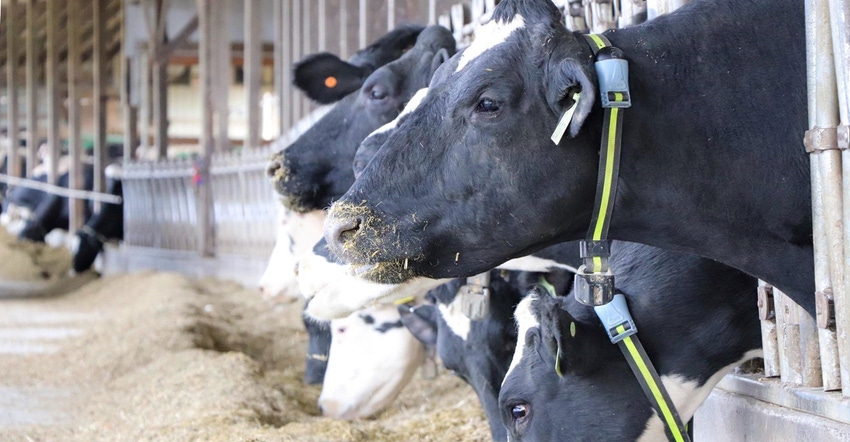March 31, 2020

Talk to any dairy farmer, and he or she will likely tell you that if given a chance to relive history, a few different decisions might have been made along the way.
That was the case for dairy farmers Ken Feltz of Stevens Point, Wis., and Randy Gross of Lake Benton, Minn., who talked about their would-be “do-overs” during an educational session at the Professional Dairy Producers of Wisconsin Business Conference. The farmers were featured in a breakout session titled “The Top 3 Things I Wish I Knew Then That I Know Now.”
Feltz and his wife, Jackie, own Feltz Family Farms and Feltz’s Dairy Store on the edge of Stevens Point. They milk 440 cows in a double-12 parlor and another 240 cows with four robots. They opened a dairy store about 2½ years ago that features cheese, milk, ice cream, meat and other local products.
Key mistakes
As one of his top three things he wishes he would have done differently, Feltz recalled taking down four stave silos on their farm and spending $250,000 for bunker walls as they converted to cement bunker silos in the mid-1990s.
Three years ago, they took out the bunker walls and began using a drive-over pile system for feed storage.
“We spent all that money we never really needed to,” he said of the bunker walls. In retrospect, he said it would have been better if his family wouldn’t have built the stave silos in the first place.
Feltz said he also wishes he would have concentrated on the cows rather than trying to do too many things on the farm. They also raised chickens and pigs and grew a variety of crops.
“We kind of floundered around,” he said. “We did things my dad did. That’s what you’re supposed to do when you’re a farmer. Eventually, we stopped doing most of those things, because I wasn’t great at any of them until I stopped doing most of them.”
Feltz sold his machinery, opened the ridge on his machine shed, and used any money he could scratch together to buy more cows.
“If you buy a cow, the next day you have more milk,” he said.
Learning curve
Gross and his wife, Jennifer, milk about 1,100 Holsteins on their farm near the South Dakota state line.
They built their dairy in 2016 with the knowledge that the area was known for having hard water, but they didn’t know how much they would have to do to counter the imbalance.
“The water had an incredibly high content of dissolved solids, along with calcium, manganese and other things, and it affected nearly every aspect of our dairy,” Gross said.
They experimented with various solutions for nearly two years before coming up with a water filtration system that helped them gain 8 pounds of milk per cow within a month of its installation.
Another thing the Grosses weren’t prepared for was managing the automatic feeder systems they used to feed their calves.
“They worked well, but we didn’t know anything about them,” he said. “I would say we had a steep learning curve when it came to managing calves and detecting illnesses. Being more prepared would have been beneficial.
“We’ve learned a lot in the meantime, and I would like to think we’re doing a better job for the experiences we’ve gone through.”
Feltz said they used to be leery of their urban neighbors but now welcome them every day to their on-farm store.
“Once people get to know you, it’s kind of a different attitude,” he said. “People really like to know where their food comes from and how it’s raised. Three years ago, we wanted to put a fence around our farm with no trespassing signs, but now we’re pretty transparent to the public.”
Feltz chuckled when he recalled telling his family that he was going to be a panelist to talk about the mistakes he had made on the farm. “They said, ‘You’ve made a lot of mistakes; you could probably talk for three hours.’”
Massey writes from his farm in rural Barneveld, Wis.
You May Also Like




